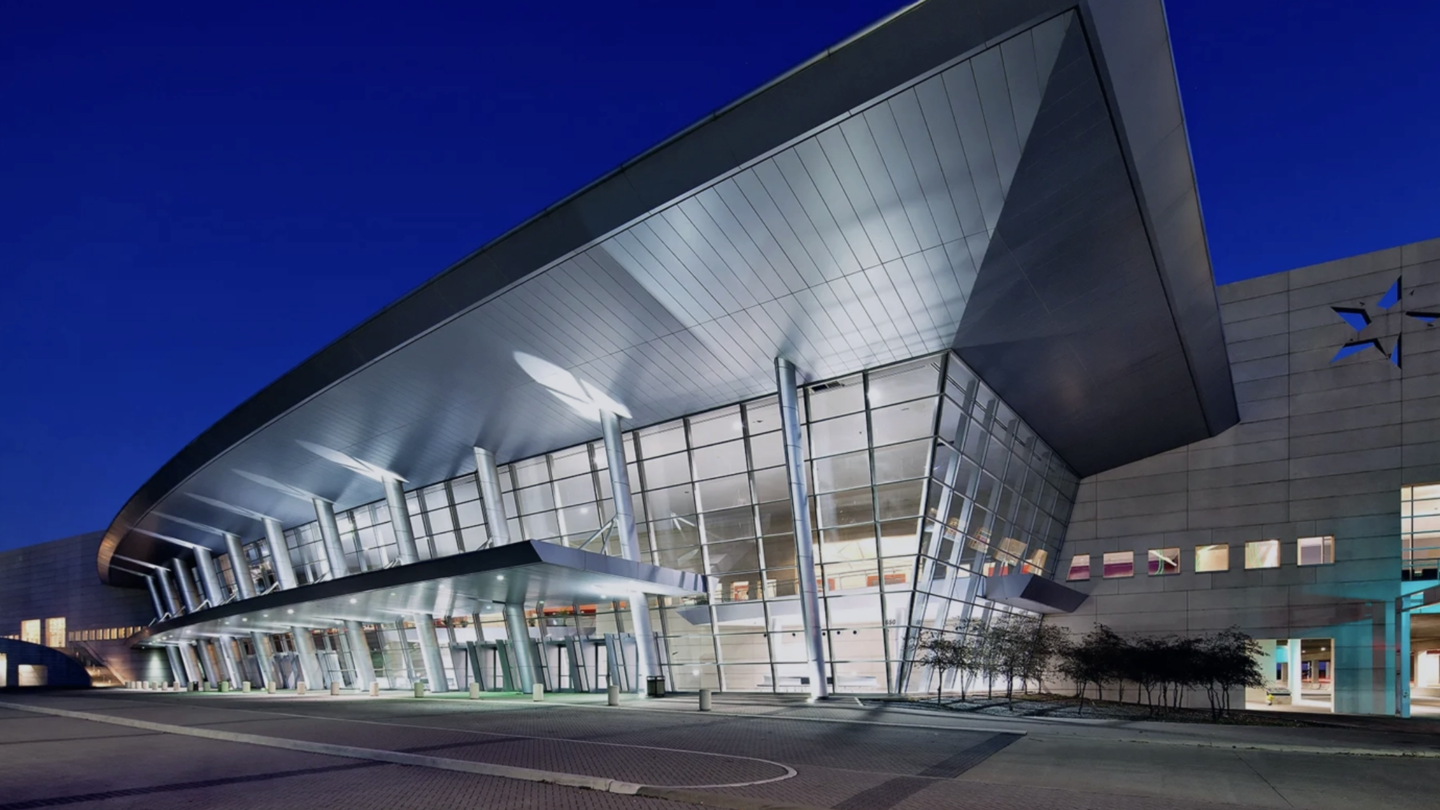AI may grab the headlines at Paris 2024 but OBS aims to democratise access to human stories with an inclusive approach to broadcast, digital and social engagement.
The IOC’s broadcast of the 2024 Olympic Games will be bigger, faster, leaner and more data-fuelled than ever before, no doubt reaching a record-breaking audience online and on TV too. But for all the panoply of tech tools trained on athletes, spectators and vistas in Paris, there is one deceptively simple mission for the Olympic Broadcasting Services (OBS) - to communicate the Olympic spirit.
“Unlike traditional broadcasting, which was one broadcaster talking to mass audiences, now we also have capacity to collect individual reactions,” enthuses Yiannis Exarchos, CEO of OBS. “For me, this opportunity is fascinating because it can lead to a gradual and complete democratisation of storytelling. It can mean the virtual participation of every single person in this common human narrative. That is the Olympic Games.”
Exarchos’ Olympic journey began assisting the Athens bidding committee in 1997. He helped set up the host broadcasting operation for the Athens 2004 Games and subsequently the IOC’s own host operation, OBS, which it took in-house to better manage the sheer scale and complexity of the job.
Exarchos has long wrestled with what it would mean to the viewer experience - and the fate of...
You are not signed in.
Only registered users can view this article.
Bright future: How CoSTAR will ideate the next wave in UK creative IP
If the UK’s creative industries are to continue to add hundreds of billions of pounds in value to the country’s economy then much will rely on the success of a new network of tech labs exploring the future of media.
 10 (1).jpg)
OTT evolution: Shifting business models, monetisation and personalisation
Over the past two decades, the over‐the‐top (OTT) industry has undergone a remarkable transformation from a niche experiment to a multi‐billion‐dollar ecosystem, writes John Maxwell-Hobbs.
.jpg)
AI through the looking glass: Digital natives
When it comes to AI, the M&E industry should take a more active interest in the views of its young people if it wants them to remain part of it, writes James McKeown.

NAB preview: Agentic AI poised to steal the show
New imaging technologies, AI creative mates and wrestlers await visitors to Las Vegas while America’s free press is under attack.

Inside virtual production’s latest processing and toolset innovations
Advances in GPU capability and algorithms are among the developments allowing ‘more to be done with less’ as virtual production technology and techniques continue to evolve, writes David Davies.





